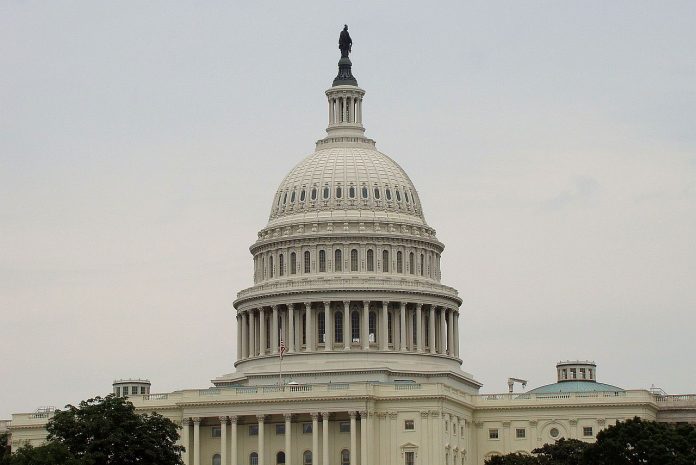Even veteran journalists were lost for words on January 6, 2021, when a mob of Trump supporters stormed the United States Capitol. Once the initial shock subsided, they, along with the rest of the fourth estate, realized there was still one word that required thorough examination.
Present and future members of journalism within newsrooms and colleges began debating whether the Confederate flag wielding, racially homogenous mob that acted with remarkable impunity should be categorized as mere “supporters”, an aberrant strain of “protestors”, or a fatal concoction of “terrorists” and “insurrectionists”.
It’s time to stop confining such debates to editors’ offices or classrooms.
It’s time to involve the readers.
Media experts have long understood the inherent power contained within specific words. David Mastracci, the managing editor of Passage, an online publication that offers left-wing perspectives from Canadian writers, cites the example of “regime” vs. “government.”
Since there is no standardized definition for “regime”, it can be used for any government that is in political opposition to Canada. So when Canadian media referred to Venezuela as a regime, Mastracci writes that journalists were, in essence, prepping the public “to accept [the government’s] attempts to force out democratically elected leaders.”
While such analyses are invaluable to both journalism students and keen followers of the news, they’ve remained academic and intellectual exercises until now, often carried out with the benefit of many years of hindsight.
What would happen if newspapers published a front-page story regarding terminology right after the Capitol attack, summarizing the essence of the heated discussions and arguments that took place within their organizations?
For starters, it would cut through the noise and lay bare facts that are often drowned out by social media. Since definitions are succinct explanations, listing the ones for “domestic terrorists” or “insurrectionists” above the fold will allow the readers to gain much-required information before succumbing to their own biases.
It’ll stop readers from dismissing the magnitude of the event by clinging to the palatable idea of it being “just a protest”. Moreover, it deprives them of the chance to equate what happened in the U.S. Capitol with the Black Lives Matter protests last summer.
A front-page story containing definitions compared and contrasted through the use of infographics is not just an exercise in accuracy. It is also a powerful attempt at transparency.
The very person who instigated the attack on the U.S. Capitol is also the one most responsible for tarnishing the reputation of newspapers for the past five years, both within America and across the world. Donald Trump has convinced millions of people they’re being served “fake news”.
It’s ironic his last act of demagoguery might perhaps help rehabilitate the chief victim of his regime.
By presenting all the facts and engaging the opinion of the public in this discussion about the right descriptors for Trump’s minions, newspapers would be defying expectations. For years, members of the public have decried instances of perceived prejudices amongst members of the media.
For the first time in a long time, the media would be asking and not just telling. Enlightening, rather than just informing.
Instead of being members of the fourth estate who over the years somehow got confined to their own socioeconomic and political bubbles, journalists would be reconnecting with the general public.
In some ways, newspapers are like restaurants that have been criticized for their work ethic and final product. So a front-page story inviting the public to examine the importance of terminology would be akin to throwing open the doors to the kitchen.
It’ll give a whole profession of wordsmiths the chance to show the public how important words can be, as well as begin the process of shedding the word that’s most often been used to describe them over the past five years.




